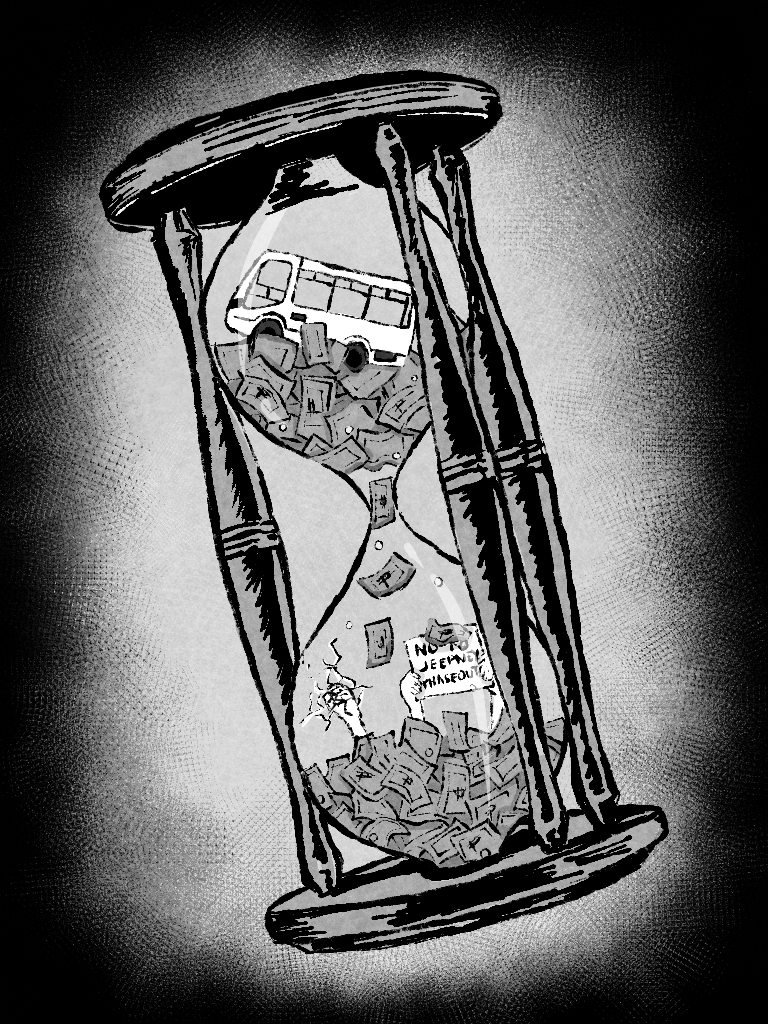Drivers and operators of public utility vehicles (PUVs) brace themselves for the impending debt they will be buried in as the deadline for consolidation under the PUV Modernization Program (PUVMP) looms over them today, December 31. And that is only for the lucky ones who can participate in the program at all. After several transport strikes and myriads of protests from the affected sectors to review the program since 2017, their pleas have fallen on deaf ears.
In an attempt to transform the country’s transportation system into one that is “dignified, humane, and on par with global standards,” the PUVMP focuses on replacing traditional jeepneys that are over 15 years old with modern units. Operators have been scrambling to meet the deadline to consolidate into franchises, with President Ferdinand Marcos Jr. having no plans of extending.
Around 200,000 drivers and operators in the Philippines will no longer be allowed to operate due to not being able to consolidate. Many drivers have voiced out the troubles of meeting the demands of the PUVMP: While the Philippines’ transportation system does urge for improvement, large gaps in the program’s policies need to be filled.
The cost of between P600,000 to P3 million for one modern jeepney unit is a heavy burden for drivers and operators to procure. This, coupled with the unfortunate reality that their average daily income is only in the hundreds, provides drivers with an insurmountable obstacle to complying with the demands of the program. In the years since the program’s issuance, the government has failed to prepare a change that prioritizes the drivers’ welfare.
Commuters are not spared in the imminent financial burden of this program. To recuperate the costs of modernizing, operators may need to increase the minimum jeepney fare from P12 to P35. Therefore, a PUV fare increase would only exacerbate the already damning conditions for the average Filipino citizen.
The program’s “one-route, one-franchise” system requires the purchasing of 15 modern PUV units, which would require each cooperative to shell out P9 million to P45 million. This prevents independent and small-scale operators from acquiring a franchise, enabling large companies to take over routes previously serviced by PUV drivers.
Today’s consolidation deadline is the first nail in the coffin toward the anti-poor provisions of the PUVMP—and in turn, a jeepney phaseout. As many drivers are unable to meet the heavy PUVMP requirements, they are being purposely left behind with this implementation with no safety net to run to. Those who break their backs just to survive will have their livelihoods hastily taken away from them. In this way, the marginalized, once again, will be heavily affected by the program.
The Land Transportation Franchising and Regulatory Board (LTFRB) provided drivers with a subsidy of P280,000 late this year, but it is obviously insufficient to buy even one modern jeepney unit. The agency’s efforts fall drastically short of making the PUVMP socially equitable and economically viable. While the Senate, in 2019, attempted to provide a middle ground for a proper implementation, four years later no concrete action and legislation was implemented.
Traditional jeepney manufacturers Francisco Motors and Sarao Motors have started producing units that resemble the modern jeepney design since 2017. However, they lack technologies for electric and LPG-powered vehicles, which are requirements of the PUVMP. This proves that local manufacturers are able to provide local alternatives to the available expensive units, but the government is not really known to invest in local companies, even though it would achieve their PUVMP with less production costs that would ease the burden to jeepney drivers and operators.
With this, the center of the conversation must be the people most affected—the PUV drivers and operators. As the ones who power the country’s transportation sector, their calls should not be ignored and set aside merely because “who said PUVs are being phased out?” or that jeepneys needed to be fixed anyway. Just as in every attempt at development, people-centered policies must be the way forward in addressing the country’s transport crisis.
The PUVMP will only really be a “just and humane” implementation and a ticket to a truly transformed transportation system if the government heeds the everyday experiences of relevant stakeholders, such as PUV drivers, operators, and passengers.

